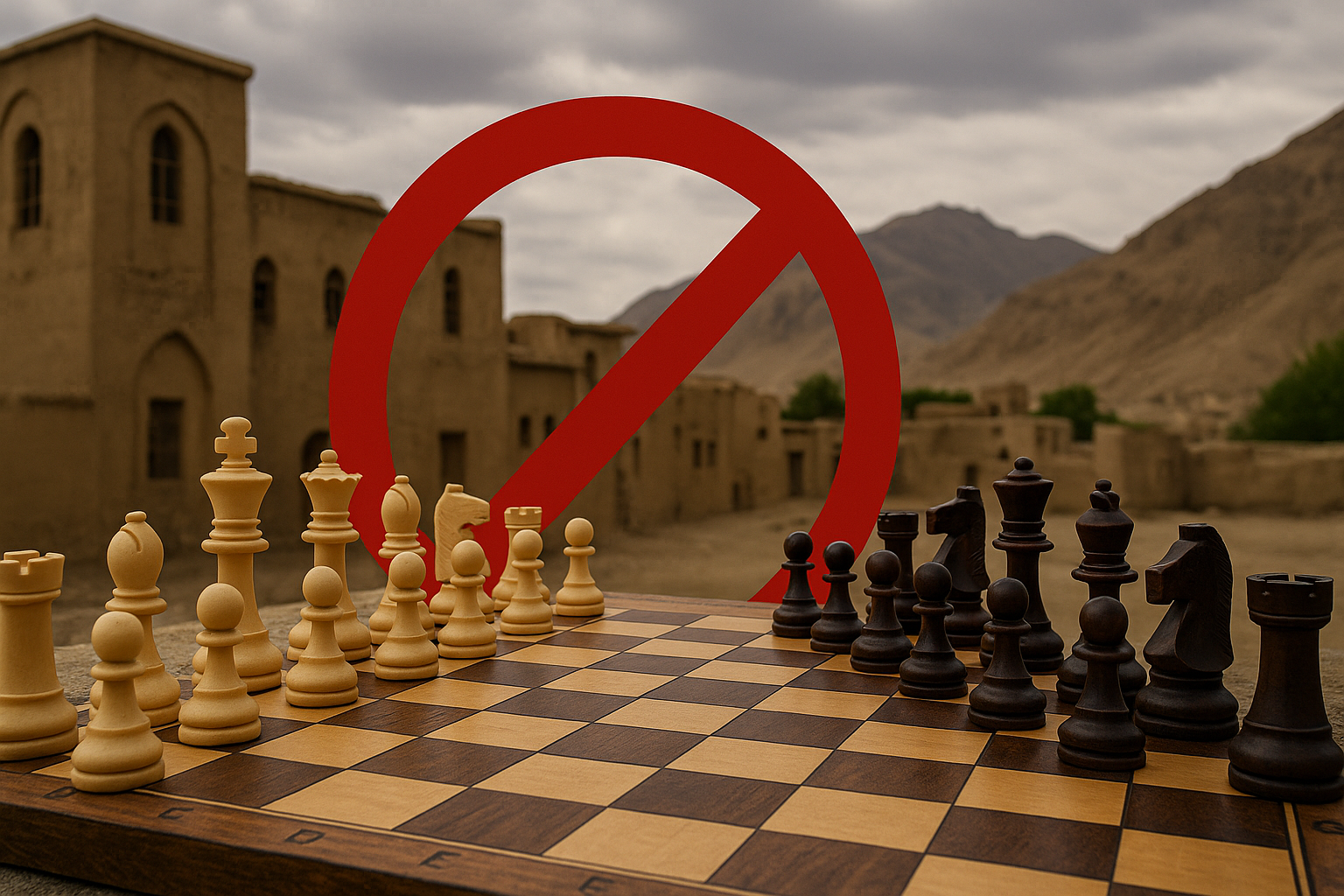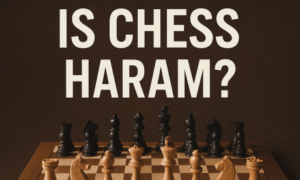In a significant move that has drawn international concern, the Taliban government in Afghanistan has officially banned the game of chess, declaring it “haram” (forbidden) under their interpretation of Islamic law. This decision, announced on May 12, 2025, by the Ministry for the Propagation of Virtue and Prevention of Vice, has led to the dissolution of the Afghanistan Chess Federation and the indefinite suspension of all chess-related activities across the country .
The Rationale Behind the Ban
Atal Mashwani, spokesperson for the Taliban’s Sports Directorate, explained that the ban was imposed due to concerns that chess could be associated with gambling, which is prohibited under Sharia law. He emphasized that until these religious considerations are addressed, the sport of chess will remain suspended in Afghanistan .
Broader Implications for Afghan Society
The ban on chess is part of a broader pattern of restrictions imposed by the Taliban since their return to power in August 2021. These measures have included prohibitions on various forms of entertainment and cultural activities, such as music, cinema, and mixed martial arts, all justified on religious grounds. Women and girls have been particularly affected, facing bans on education beyond primary school and restrictions on their participation in public life .
The Impact on the Chess Community
For many Afghan chess enthusiasts, the ban represents a significant setback. Sepehr Sekhawaty, a young chess player from Herat, expressed the challenges faced by players in the current environment, stating, “I started playing the game alone when I was seven, and now I am 19, and I am still alone. There’s no coach or colleague. Most of them have fled the country, and I am just managing to play chess because of my supportive father” .
Global Reactions and Historical Context
The international community has largely condemned the ban as an infringement on intellectual freedom and cultural expression. This move echoes previous instances where chess faced restrictions due to political or religious reasons. Notably, after the 1979 Islamic Revolution in Iran, chess was banned for a period due to similar concerns over gambling and religious appropriateness .Wikipedia
Conclusion
The Taliban’s decision to ban chess underscores a broader effort to control cultural and intellectual life in Afghanistan. While the stated justification is religious, the move raises questions about the regime’s commitment to cultural diversity and intellectual freedom. As the situation develops, it remains to be seen how the international community will respond and whether the ban will be lifted in the future.




